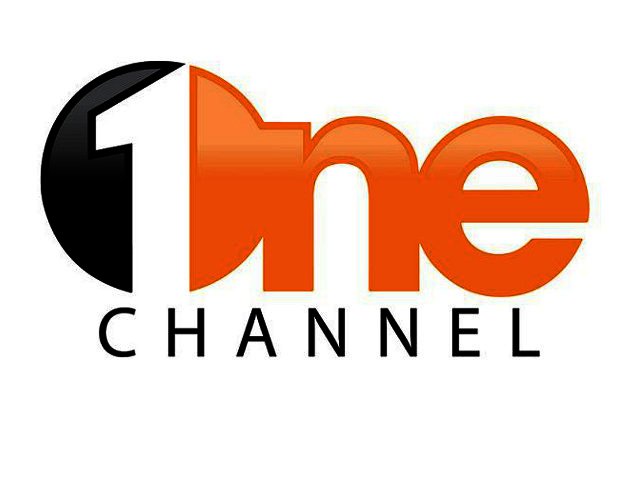|
Enterprise software is expensive and investing in the latest and greatest ERP software could become a vicious circle that requires huge investment. Businesses that rely on outdated legacy ERP software systems risk losing more than just their money. Legacy software is often no longer updated or maintained, usually in favour of more modern or new offerings. This means that as the software degrades over time, it gradually slows down every single business process and potentially causes disastrous errors in the data entry or manufacturing processes. Local business solutions provider One Channel CEO Bernard Ford says the legacy of enterprise management systems is one of poor quality reporting, inefficiencies and extremely high running costs. “Companies using these outdated systems urgently need to adapt to the changing landscape that allows for any-where, any-device access.” “The lack of standardisation and myriad of bolt-on as well as bespoke components that typically make up the current systems are open to error, difficulty in maintaining, high running costs and worse, security breaches leading to inefficiencies and lack of information,” he explains. Ford says post-modern ERP systems cater for the global realities of this changing landscape. “A system that allows for the standardisation of legislative governance rules around procurement, budgeting, workflow approvals, notifications and audit should be implemented.” “Post-modern, cloud-based ERP suite offers a low cost of ownership that also allows for in-country Software-as-a-Service (SaaS) and on-demand provision of systems,” says Ford. The importance of having access to systems that are designed to fit the functional requirement of the organisation is paramount for the successful deployment of the centralised infrastructure. They must be Web-based, 100% secure and easy-to-use. Early ERP solutions were dominated by heavy customisation. The next phase in the evolution was characterised by a move toward standardisation with commercial-off-the-shelf (COTS) technology and more requirements built into baseline software. This phase was followed by growing use of managed services, starting slowly with the application service provider (ASP) model and progressing rapidly with the advent of browser-based and cloud-enabled services. Over time, technology has become exponentially more complex and costly to manage. Each transition from mainframe to client-server to web-based technologies has occurred twice as fast as the one before. The number of technologies required in each phase also has more than doubled. This rapid rate of change presents growing risks for organisations that manage their own ERP systems. Based on these trends, CGI believes the next wave in this evolution is the Agile Cloud-Enabled Services (ACES) ecosystem. A growing number of organisations are turning to secure post-modern cloud-based ERP software so they can stay focused on their mission and spend less time managing technology. These systems are sometimes referred to as Agile Cloud Enabled Services (ACES).
This integrated ecosystem features flexible use of three delivery models:
Acumatica is one of the new breed of so-called ‘post-modern’ ERP systems, defined by Gartner as a technology strategy that automates and links administrative and operational business capabilities (such as finance, HR, purchasing, manufacturing and distribution) with appropriate levels of integration that balance the benefits of vendor-delivered integration against business flexibility and agility. Consulting firm CGI says organisations are moving away aggressively from highly customised, on-premises solutions toward shared platforms and cloud-enabled managed services. It says traditional ERP deployment models are giving way to more efficient, managed services that are supported by cloud-enabled technology. Acumatica was designed and built from the ground up for the modern era, unlike legacy ERP applications that have been or are being adapted for the modern cloud infrastructures such as MS Dynamics, Syspro, SAP B1, Sage 300 and Sage X3. Acumatica is a post-modern, cloud-ready, integrated ERP and Project Centric Management system comprising a suite of built-for-purpose components. Ford agrees with CGI that a ‘one-size-fits-all’ approach is a thing of the past. “ERP software and delivery strategies must converge to address the growing demand for flexible deployment options by function, even when part of an integrated ERP suite.” CGI believes the time is right for an Agile Cloud-Enabled Services ecosystem that gives organisations the versatility to balance control, customisation and cost when deploying modern ERP functions without locking them into a single deployment model.
For more information contact One Channel at info@onechannel.co.za or visit www.onechannel.cloud.
This month's business articles sponsored by:
|






